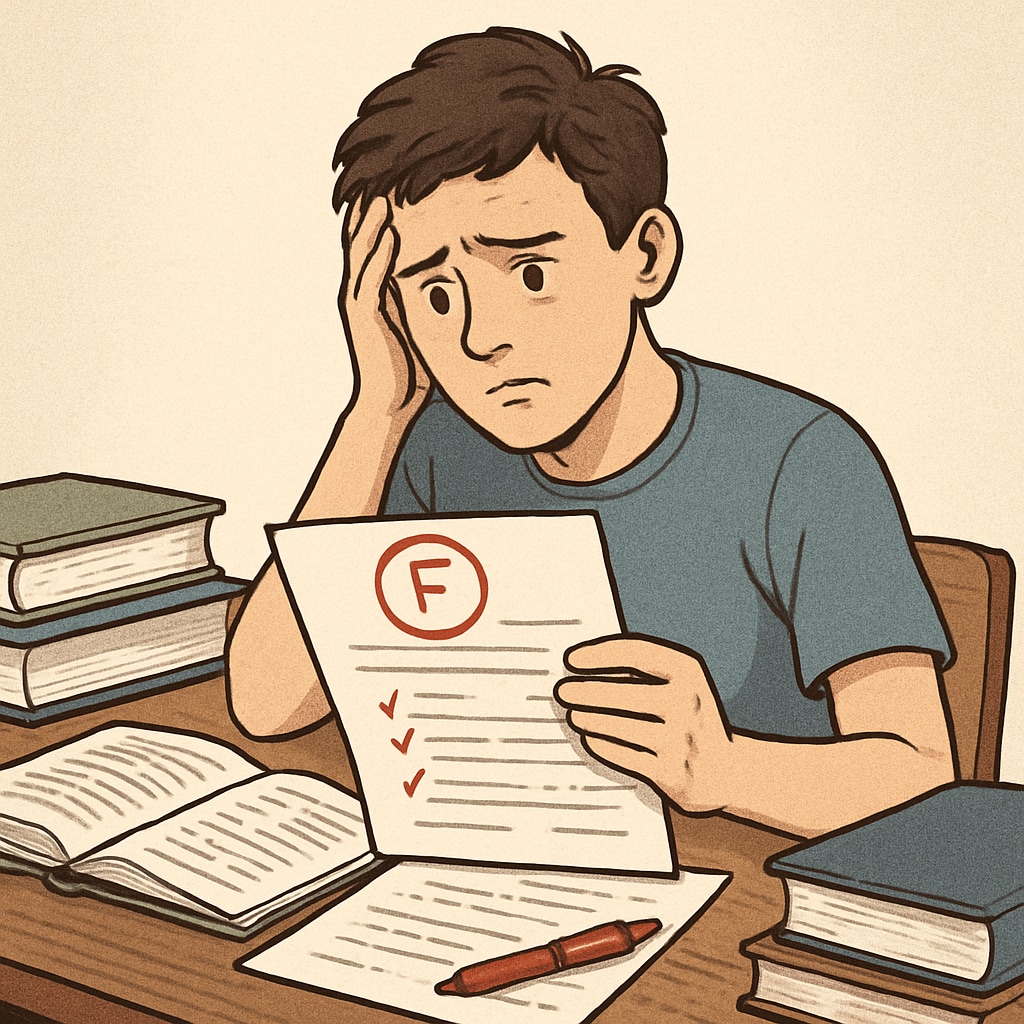The AP Physics exam is often seen as a benchmark for academic excellence, but what happens when the system itself falters? The recent controversy involving teacher errors, flawed grading, and failed appeals in an AP Physics C course has spotlighted critical issues of fairness within K-12 education. This case underscores the urgent need for a transparent evaluation system where students are not left at the mercy of unaccountable authority figures.
Teacher Errors: When Expertise Falls Short
One of the most glaring issues in this controversy is the lack of teacher expertise. AP Physics C, a course requiring advanced understanding of mechanics and electricity, demands highly skilled instruction. However, in this case, the teacher’s insufficient grasp of the subject matter led to incorrect grading practices, which unfairly penalized students.
For example, students reported that the teacher misinterpreted College Board guidelines for scoring free-response questions, leading to widespread inconsistencies. While standardized tests like AP exams are meant to provide a level playing field, errors at the instructional level can undermine this goal entirely.

Failed Appeals: A Broken Mechanism
When students identified discrepancies in their grades, they followed the prescribed appeals process, hoping for rectification. Unfortunately, their efforts were met with bureaucratic resistance. The appeals mechanism, designed to provide checks and balances, instead proved ineffective due to its lack of transparency and the deference given to teacher authority.
For instance, students who presented evidence of grading inconsistencies faced dismissive responses, with administrators citing the teacher’s “professional judgment” as final. This raises the question: how can students seek justice when the system prioritizes authority over evidence?

Systemic Power Imbalance in Education
The AP Physics controversy is not an isolated incident—it reflects a broader issue within the education system. Teachers hold significant power over students’ academic outcomes, yet there are limited mechanisms to hold them accountable for errors. This imbalance is exacerbated by the hierarchical structure of schools, where students’ voices are often overlooked.
Moreover, the lack of external oversight compounds the problem. While organizations like the College Board set overarching standards, enforcement at the local level remains inconsistent. This creates a patchwork system where fairness depends more on individual teachers and administrators than on standardized rules.
Building a Fairer System
To address these challenges, several reforms are necessary:
- Enhanced Teacher Training: Teachers of advanced courses like AP Physics must undergo rigorous certification to ensure subject mastery.
- Transparent Grading Policies: Schools should adopt clear grading rubrics aligned with external standards, reducing the scope for subjective errors.
- Independent Appeals Committees: Appeals should be reviewed by impartial panels, not the same authorities responsible for the original decisions.
- Student Advocacy Programs: Empowering students to voice concerns without fear of reprisal is crucial for fostering accountability.
These measures, while challenging to implement, would go a long way in restoring trust in the education system.
In the words of educational reformer John Dewey, “Education is not preparation for life; education is life itself.” To honor this ideal, we must ensure that the system prioritizes fairness, transparency, and accountability.
Readability guidance: This article uses short paragraphs and lists to improve readability. Transition words like “however,” “for example,” and “as a result” are distributed throughout to maintain a logical flow. Complex ideas are explained with accessible language, ensuring clarity for a broad audience.


